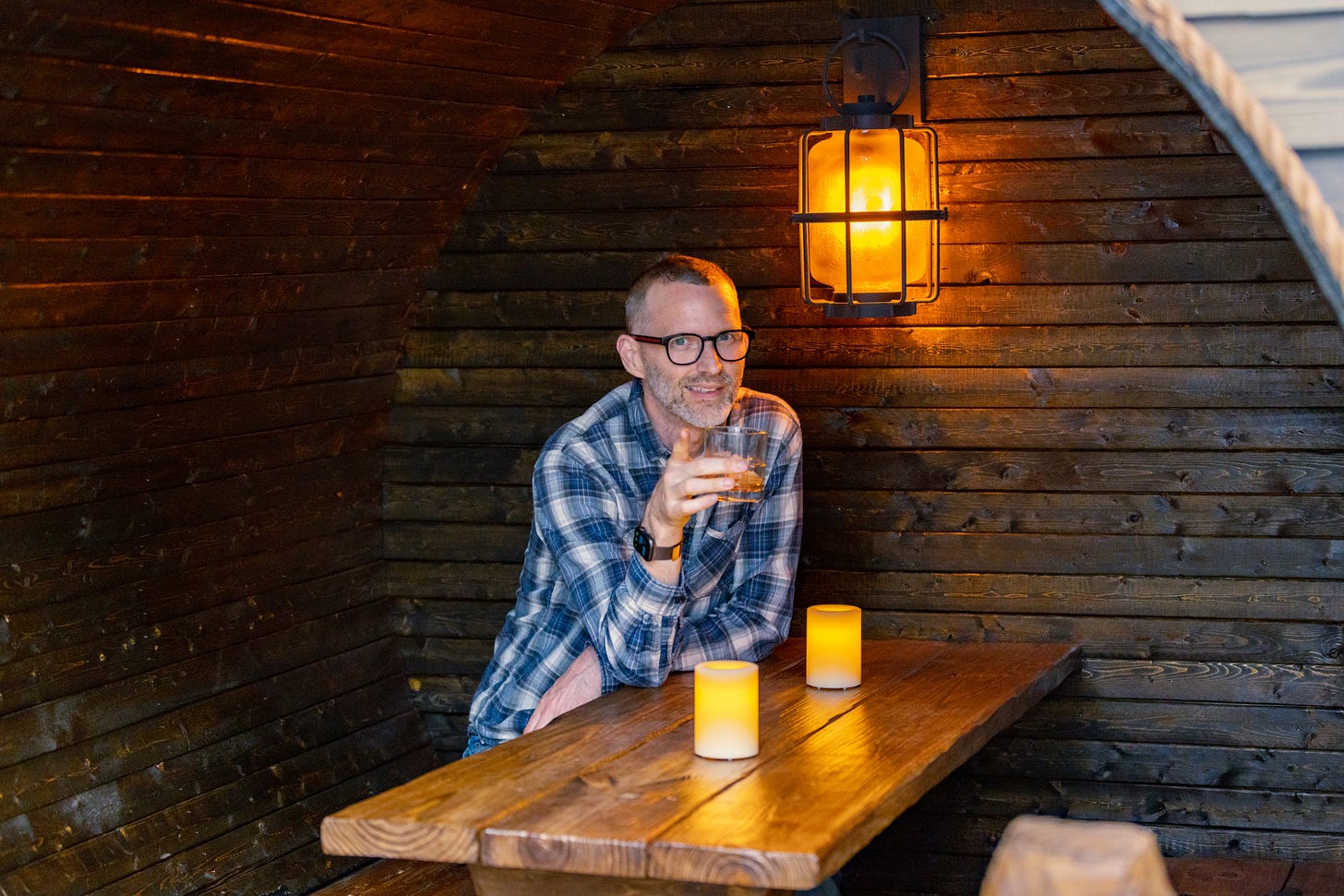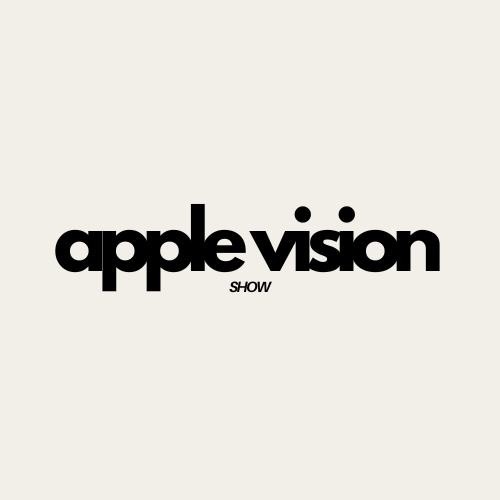Tom's Healthy Information Diet Steps
Why info is like food.
Hey folks,
Now more than ever it's easy to get into an information bubble. I've had many conversations with lots of different members of my friends and family where we don't agree on what's actually common news. This isn't about disinformation, which I think is a little overblown, this is about how our usage of information services is warping our perceptions.
When there were few news sources we generally all worked from the same set of priorities. We all agreed what the big stories of the day were. Those priorities may have not always been set accurately but we could at least debate that. Now everyone has their own set of priorities and there's risk of having a seriously distorted view of what' happening. This could lead every single one of us to act in a way that's not in our best interests, because we don't realize what the situation is.
To counter this in myself I have gone on an information diet for years. Just like I'm careful about what foods to eat, I'm careful about what information I put in my brain. And just like when yo criticize someone else's eating habits, criticizing someone else's information diet may lead to trouble.
So all I'm suggesting is two things. One, realize that just like with food, the tastiest information isn't always the best for you. With food, we evolved for limited fats and high availability of fatty foods is bad for us. We also evolved for limited amounts of information on danger and high amounts of information signaling danger can be bad for us as well. Just be aware of that.
The second thing I ask is you hear me out on what I do, without taking it as a prescription of what you should do. These are things I do to try to make sure my information diet is healthy. If you can take tips from it, awesome. If not, that's fine. But hopefully seeing what I do sparks a plan for you.
I'm going to make this into a Top 5 video later but here's the list.
Tom's Healthy Information Diet Steps
1. I don't read Next Door or watch Local TV News. I actually do both, but rarely. I limit my exposure to when I need them. So with Next Door if I need to sell something or I found a lost puppy I'll go intentionally engage and then go away. With local TV news I turn it on when something is happening and at no other time. Why? Both these outlets thrive on raising your fears. Next Door it's people passing along vague warnings about crime. Local TV shows you crime. They both make you think it's more prevent than it actually is. Crime is declining again in the US but everyone thinks it's rising. These sources are a big reason why I cut them out.
2. I don't rely on social media for news. In part because it's so fragmented it doesn't give me a fair picture of what's important. But also because they're a lot of questionable sources. Too many for me to wade through. And on TikTok and YouTube there are a lot of people who can do reasonable-sounding videos that trick my brain into thinking what they are saying is true even if they have no idea what they're talking about.
3. I curate my own reliable sources of news and set aside a time to read it. Like reading the morning paper. I find that kind of intentionality helps me absorb it better and keeps me from getting too stressed out by it. For world news I read the BBC and the Wall Street Journal (not the Op/Ed page) and listen to radio and podcasts from the BBC and The Economist. I have the BBC World Service flash briefing on my Amazon Echo. For local news I look at the LA Times but oddly the entertainment trade magazine Deadline does a great job of covering local news. Because I'm in LA. That won't work for other areas of course.
2. Getting back to my food metaphor, I treat 24/7 TV news channels like desert or alcohol. I know sometimes they're fun and tasty but I also know they do not contain nutritional value. So I consume them sparingly and rely on more substantial fare for my main news.
1. I balance what I read anywhere with what I see in real life. Granted what I see isn't a representative sample but it's also not to be ignored. "Everybody is angry." Are they? My neighbors and the folks in the grocery store didn't seem exceptionally angry. "Nobody is going to this place or buying this drink because it's being boycotted." Well that's odd because the place seems busy and I see loads of people drinking that product. It's a good balance to the bubble.
Again, these are my tricks. They may or may not work for you but if they do, or they help inspire your own versions, have at them. I do hope you'll start to think of information consumption like nutrition and consider what kind of diet you feed your mind. Don't just eat anything you come across. You don't know where that information has been!
Apple Vision Show
On to more fun news. My wife is doing a show! Eileen is helping Sarah Lane produce an Apple podcast called Apple Vision Show at applevisionshow.com or on YouTube at youtube.com/dailytechnewsshow. They're bringing their own consumer perspective to what Apple is doing next. So come hang out with them!
Top 5 this week
Speaking of the YouTube channel, I had loads of fun reminiscing about my favorite software of the 1990s.
And that is that. Wow I got sick Monday but thankfully it was a holiday here int he US so I slept it off and I'm back at it. But I still think I might do some extreme resting this weekend. Especially since it's supposed to rain so much here.
Have a great weekend whatever you do. Talk to you soon!
Tom




For #3. DTNS is one of my most prized curated news sources...